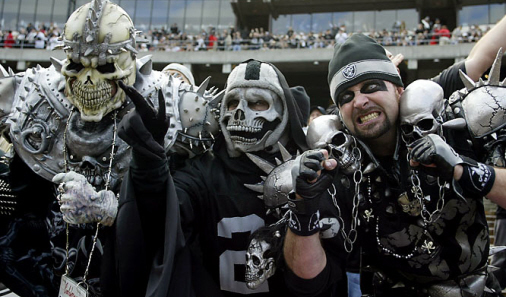Colin Kaepernick, the NFL quarterback who sparked a player protest movement by taking a knee for social justice during the national anthem, has just signed on as the centrepiece of an advertising campaign with Nike that will last until 2028.
I have mixed feelings about this.
It might be inevitable, but I always find it distressing when activism is transformed into product. A recent and particularly ham-handed attempt at this occurred when Pepsi used Kendall Jenner as an instrument to co-opt the symbolism of the Black Lives Matter movement in an effort to sell soft drinks.
The ad was a failure in just about every way, but it was particularly stupefying to watch one of the most privileged people on the planet try to show us that drinking Pepsi was actually an act of resistance, and that protest itself was more like going to a really sexy block party than say, having a fire hose turned on you.
No matter, Colin Kaepernick stands on different ground, and everything I have read about him suggests he’s a good and sincere man, one who has quite clearly been denied an opportunity to work because of the way he has been expressing his political beliefs. There are rational, if unappealing, arguments on both side of this issue, but his activism, and the price he’s paid to for it, and the money he has donated to it, seem real enough. So real, in fact, that although he hasn’t actually played football for over 2 years, his jersey is still amongst the top sellers.
Nike, who not long before they signed Kaepernick, extended their deal with the NFL to supply them with uniforms and equipment for the next eight years– at a price in excess of a billion dollars– saw an opportunity to have their cake and eat it, too. The NFL is a monolith, a powerful institution that is comprised of almost 70% black players, players who are almost certain to suffer lasting and severe brain injury as a result of their jobs.
It’s a gladiatorial spectacle that has always exploited it’s workers for the benefit of gamblers and billionaires, and as wonderful as the game might be, the league that governs it is really kind of evil, and in spite of Nike’s deep and longstanding partnership with the NFL, they want to be seen as a white hat corporation. When we see that swoosh, we’re supposed to think of commitment and excellence and fighting against the odds. We’re supposed to think of character.
Nike doesn’t want us to think about how they enable and profit off a violent and dangerous sport that cares little for the combatants, so they hire the iconoclastic Kaepernick to sell shoes to us, thus “seizing control of the narrative.” Nike now pays Kaeprnick for his activism. In the old days, people would say they bought him. And so, with Kaepernick as the face of Nike’s campaign, we are to believe that they are the Rebel Alliance and not the Death Star.
We are to believe that Nike is about civil rights, not sweat shops.
Anyway, I don’t begrudge Kaepernick a single thing. I like his protest and I like him, and I hope that the fortune he has now earned makes him happy, and gives him an opportunity to further his activism and do whatever the hell he wants. He has earned that. Just don’t believe that Nike “has seen the light.” No, they’re just presenting the face they think we want to see, while keeping their own concealed.








Comments
One response to “Colin Kaepernick Nike Ad”
Nike takes no risks. After snagging a billion from the NFL, they’ve measured the prevailing political wind and have realized that now is the time to feature Kaepernick as an icon in their advertising. The truth is that Nike has been paying Kaepernick for a long while, keeping him in reserve while waiting for a moment when they could launch this campaign. Is it a cynical ploy to do so? Sure. Nike’s job is to generate revenue for shareholders and the Marketing/Research division has concluded that the number of people opposed to this type of campaign is dwindling, so, yes it is a very cynical move.
However, they are keeping Kaepernick and his message front and center and if it inspires people to embrace his message, well, that’s a bonus.